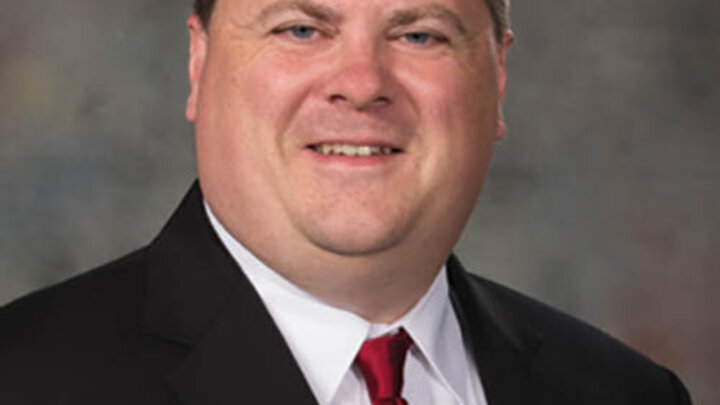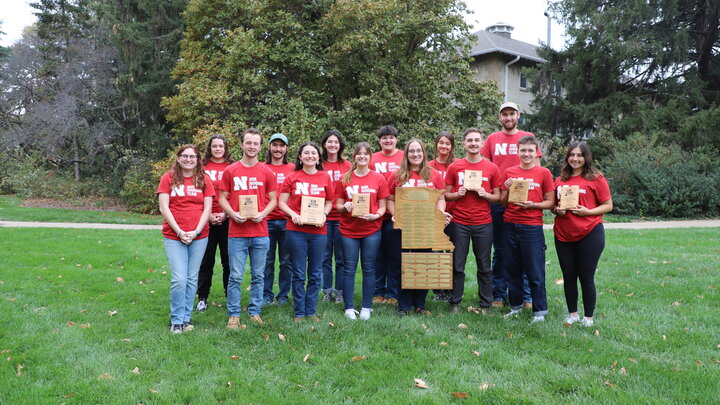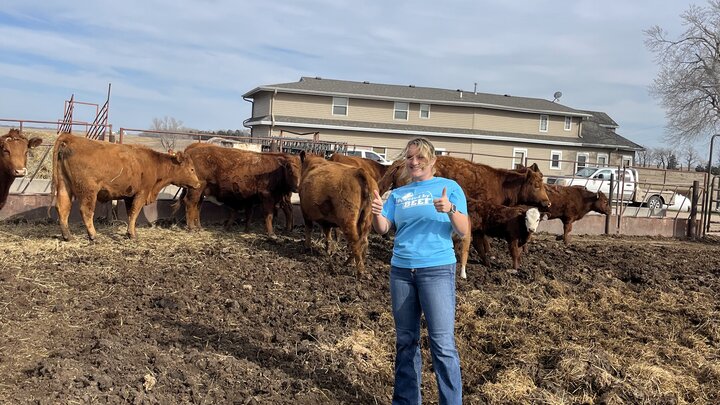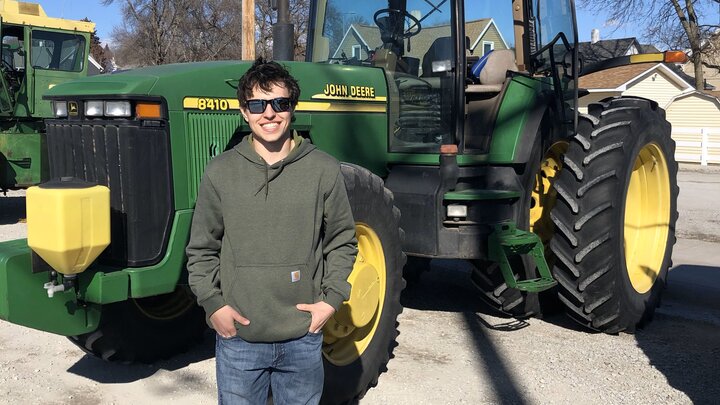The Industrial Agricultural Products Center (IAPC) at the University of Nebraska-Lincoln offers research and technology opportunities to develop and advance new products from previously unused agricultural materials.
“The IAPC takes unused agricultural materials and processes them to make products of higher value than the original crops,” said Mark Wilkins, director of the IAPC at the university.
Projects within the IAPC stem from inquires and ideas brought to them by businesses or individuals as well as ideas from IAPC staff and faculty. Farmers, entrepreneurs, and consumers across Nebraska stand to benefit from the IAPC approach to value-added agriculture.
“IAPC works with companies or individuals that have an idea, but limited means to execute the idea,” Wilkins said. “Through the partnership, we create something that benefits the people of the state, as well as the economy.”
Helping Nebraska’s Economy
The overarching goal of IAPC is to boost Nebraska’s economy by increasing the utilization of locally grown agriculture, such as corn, soybeans, and other local crops. One way to do this is to bring additional processing plants into the state.
Wilkins said many Nebraska crops are processed outside the state, which means that little production value is kept in the state. As such, the IAPC hopes to bring processing back to the state.
“We hope to capture the value of the crops grown in the state of Nebraska by helping entrepreneurs, companies, and others develop new products and processes,” Wilkins said. “However, we recognize that processing plants are currently limited.”
Wilkins hopes companies will add more plants as needs increase. Additionally, processing products within the state would create additional job opportunities, particularly in rural regions.
For instance, facilities have the potential to create manufacturing jobs for local, rural residents. This, coupled with using parts of Nebraska crops that were not previously being used, puts money back into local economies.
Creating processing centers, however, comes with important logistics to consider.
For instance, to reduce costs, manufacturing plants need processing facilities close to the fields where the crops are produced to lessen fuel and transportation costs. Wilkins said that creation of the processing plants should be strategic, accompanied with long term goals. The IAPC helps companies work through these issues.
Current IAPC Projects
The IAPC has specific projects aimed at Nebraska’s economy. Breaking down and using corn fiber and establishing rural biorefineries in Nebraska are two examples of current projects.
Corn Fiber
Corn fiber is a part of the corn kernel that is currently used for cattle feed. When the fiber is broken down, there are several possibilities for creating sustainable consumer goods.
Wilkins said IAPC experts break down the corn fiber, consisting of chains of sugars, into individual sugars. One produced product, succinic acid, is versatile and can be used in both the food industry and plastics.
“Corn fiber does not generate any economic value,” Wilkins said. “However, there are other ways to use that portion of corn to add significant value for producers and processors.”
Rural Biorefineries
Biorefineries are similar to oil refineries, but they use raw bio-based materials, typically found in rural areas in Nebraska. The IAPC conducts research on rural biorefineries to assure that the goal of implementing them in rural Nebraska communities is fruitful.
Wilkins said a biorefinery has the ability to capture all of the value in a single kernel of corn.
“One example of a biorefinery is making ethanol from the starch and plastic from corn fiber,” Wilkins said. “Additionally, the oil can be taken out and used for animal feed or the protein can be used to make industrial products.”
Bio-based product research supports a concept of biorefineries operating in and growing rural communities and their economies.
The IAPC for the Nebraskan
The IAPC provides the opportunity to expand the crop value for a farmer as well as create prospects for entrepreneurs. Outside funding sources are available and the IAPC helps advise clients in the funding process.
Wilkins said the IAPC is ready to supply the experts and equipment needed to put an idea into action, especially for those unable to carry out ideas on their own.
For more information on the IAPC, visit https://agproducts.unl.edu/.




